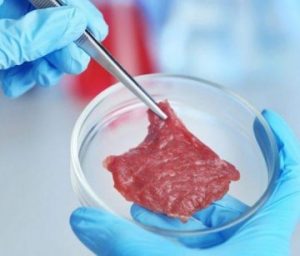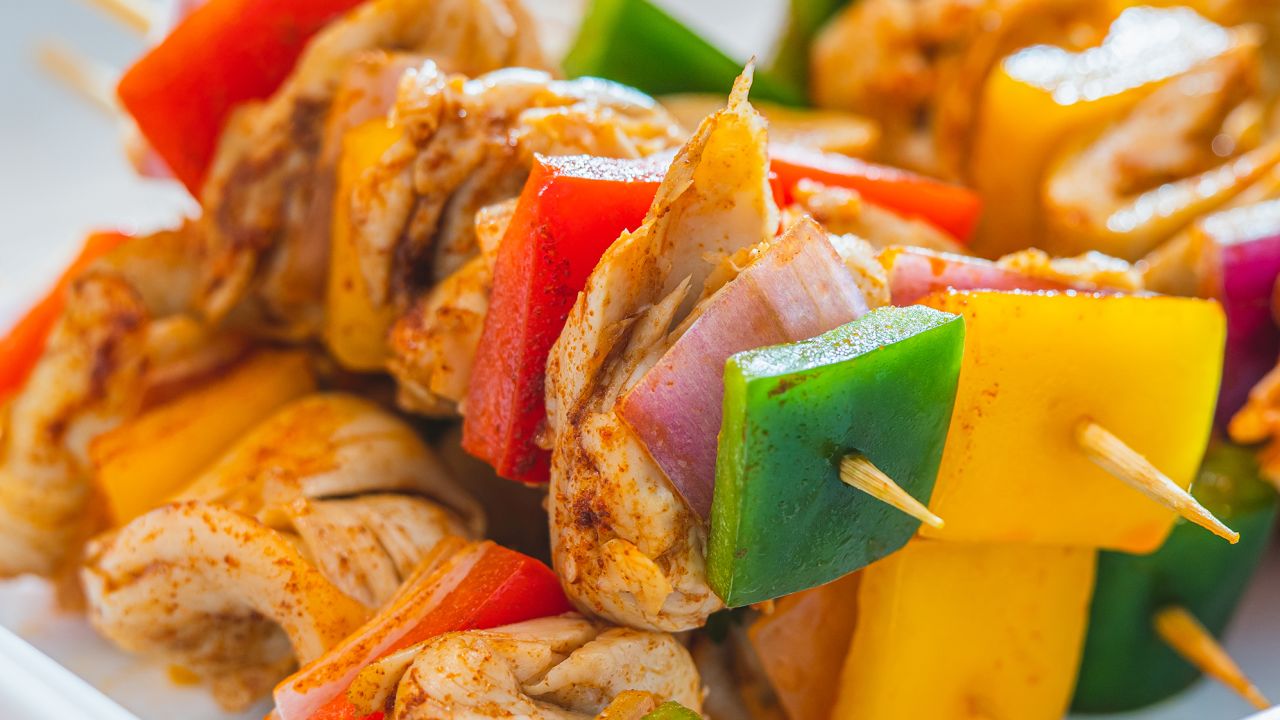Arwa Aburawa | August 3rd, 2011
Back in December 2010, a conference held in Penang, Malaysia with biotechnology experts and halal proponents ended with the conclusion that genetically modified food was halal ( ‘permissible’ for Muslims) as long as the sources from which they originate from are halal. This decision – which was accompanied by a fatwa declaring GM halal – came as a shock to some in the wider Muslim community who consider GM a deviation from god’s creation.
The UK-based green Muslim organisation Islamic Foundation for Ecology and Environmental Sciences insisted the fatwa was controversial and “failed to consider biotechnology from an Islamic perspective, ignoring not only the harm that GM causes to the environment but the way it undermines the integrity of God’s creation.”
Genetically modified food is a plant or animal which has genetic material that has been changed using genetic engineering rather than sexual crossing. Genetic modification was developed back in the 1980s and commercial agricultural companies invested heavily in the science in the 1990s to grow crops mainly in developed nations such as Canada and the US.
It has since spread to rising developing nations such as Argentina, Brazil and India (although controversy in Europe means that their use there has been limited).
The Islamic Foundation for Ecology and Environmental Sciences (IFEES) has remarked that GM companies are now targeting Muslim populations through their “profit-motivated” efforts to establish the Shariah-compliance of GM. They added that they are “manipulating Islamic scholars into issuing highly controversial fatwas in support of GM.”
Fazlun Khalid, founder of IFEES, explained in an editorial in the organisations newsletter that there were real fears about pest-resistant GM crops causing species loss and a decline in bird species. “There are complex scientific, ethical,and political issues to be explored ,” he said. “And it is a puzzle how an unrepresentative group of ulema [religious scholars], however learned in the Islamic Sciences, can determine in a two-day conference held in Penang, Malaysia last December, that GM foods are halal and can be consumer by Muslims.”
Green campaigners such as Greenpeace have challenged GM crops on the grounds that there is a lack of adequate scientific understanding of their impact on the environment and human health.
The GM industry has also been criticized due its efforts to portray GM as a solution to world hunger through genetically modifying crops with increased yield and nutrition, when in reality GM crops are expensive, require a lot of pesticide and water which may actually hinder the agriculture of developing nations.
However, even amongst green activists the debate over genetically modified food is not straightforward. During a lecture given by the vertical farming advocate Dickson Despommier, a question was raised about the possibility of using GM crops in the farms.
Despommier, who is a parasitologist at Columbia in New York City, insisted that there was nothing wrong with genetically modified food per se. The only problem he saw was that most GM crops were modified to resist higher and higher levels of herbicide and pesticide and not for greater yield or better nutrition.
So, what do you think? Is GM good or bad for us? Maybe you think that with some limits it can be useful or are you concerned that we are simply meddling in affairs we don’t fully understand? Also, can GM really be Halal or Kosher?


